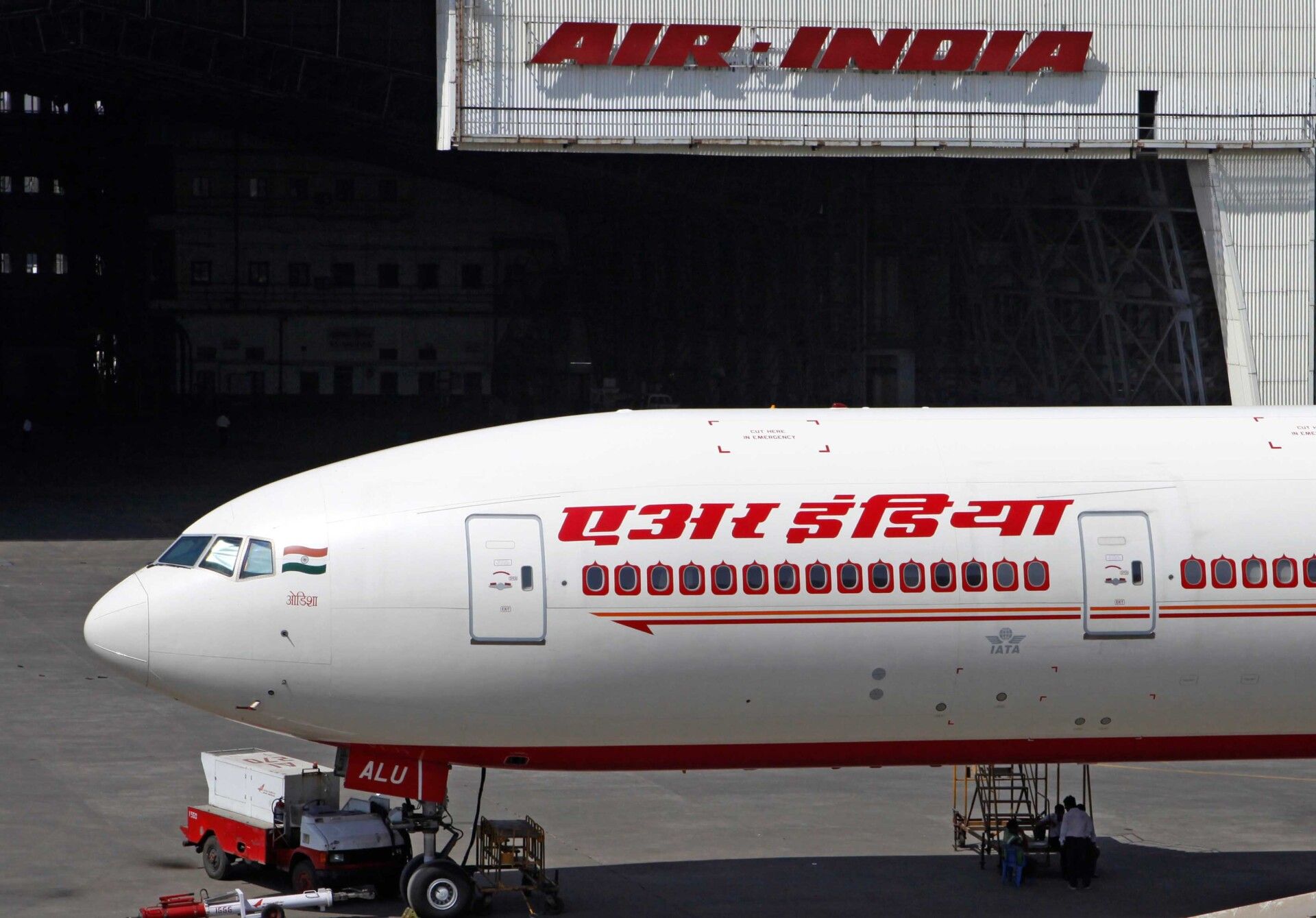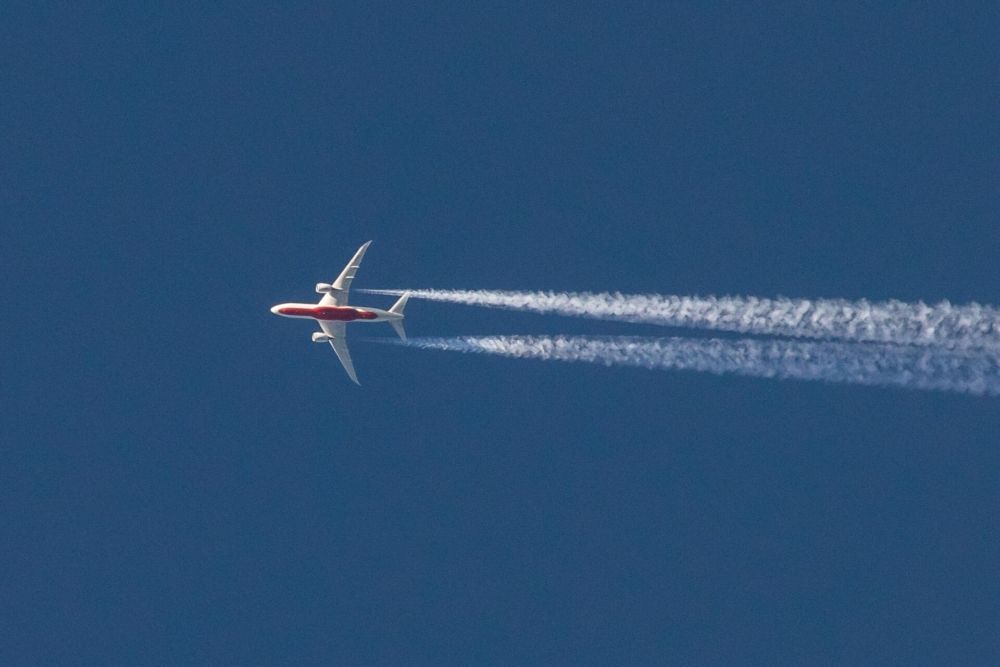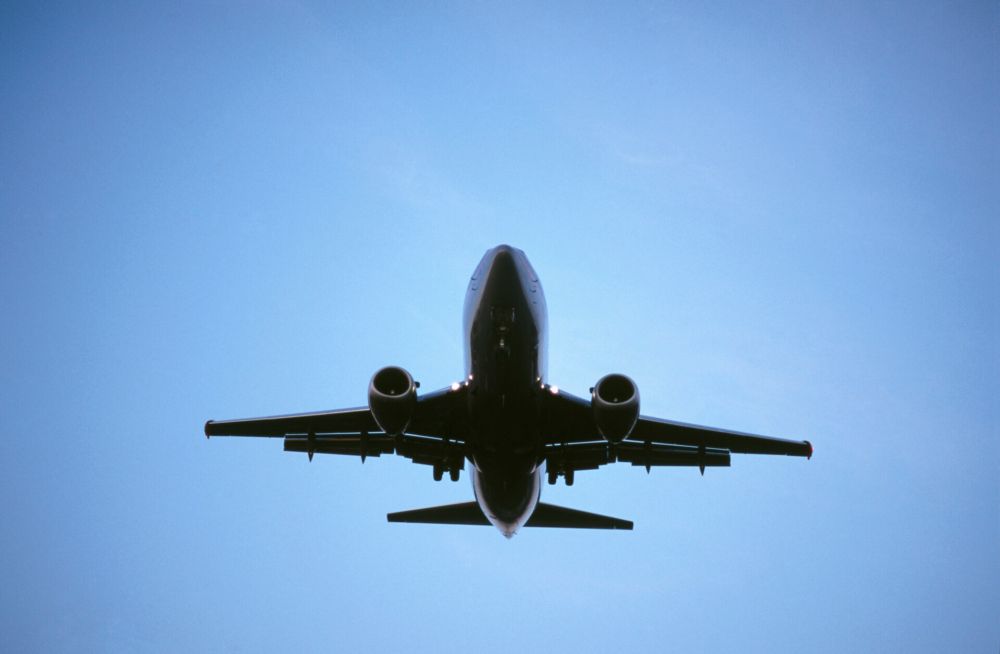As the US gets ready for the rollout of 5G wireless services on January 5th, experts from the aviation sector are asking to delay the plans until aircraft safety issues are ironed out. Air India's non-stop flights to the US could also be affected by FAA's directive about landing at certain US airports due to possible hindrance by 5G technology.
Possible flight disruption
Airlines around the world are closely observing the discussion around the implementation of 5G wireless services in the US. Many believe that 5G's C-band spectrum, using frequencies just a couple of hundred megahertz below the protected aeronautical spectrum, could potentially result in flight delays, diversion, or cancellation.
Air India, the only Indian carrier operating to the US, could also face delays after a recent FAA directive outlined potential landing restrictions at some airports during periods of low visibility. This could mean more meticulous route planning for these ultra-long-haul flights during the crucial last stages of landing.
The C-band spectrum for 5G providers in the US runs from 3.7–3.98 GHz, close to 4.2–4.4 GHz reserved for the international aeronautical band. The FAA has raised concerns that 5G technology could interfere with sensitive aircraft electronics such as radio altimeters that measure the aircraft's altitude above the terrain.
The FAA believes that the 5G rollout could create unsafe conditions because any radio altimeter anomalies undetected by aircraft automation or pilots could result in unsafe landing.
Debate in the US
Concerned voices in the US are now increasingly pushing to delay the launch of 5G services until aviation safety issues are resolved. The standoff between the US telecom and aviation sectors has had experts from both industries defending their positions.
Apart from the FAA, many airlines have raised safety concerns around the 5G technology. United Airlines Chief Executive Scott Kirby said that 5G wireless services could potentially delay, divert or cancel about 4% of daily flights in the US, impacting thousands of passengers. He said that 5G could limit the options of pilots to make only visual approach even during bad weather and added,
“Coming Jan. 5 -- unless something changes -- we will not be able to use radio altimeters at 40-something of the largest airports in the country. It is a certainty. This is not a debate.”
The telecom industry is holding its ground with CTIA, a wireless trade group, saying that 5G technology works safely in nearly 40 countries without affecting landing aircraft. CITA Chief Executive Meredith Attwell Baker wrote in a blog post,
"A delay will cause real harm. Pushing back deployment one year would subtract $50bn in economic growth, just as our nation recovers and rebuilds from the pandemic."
Stay informed: Sign up for our daily and weekly aviation news digests.
5G in India
5G technology is still in the testing phase in India, but experts are concerned already. A report by the Times of India quotes Capt. Amit Singh, an air safety expert,
“…from an air safety point of view, testing is the same thing as deployment because the 5G waves would be transmitted in locations where the testing is on.”
Capt. Singh says that there's not much awareness about 5G waves among stakeholders in India, such as airport operators and pilots, and this could possibly result in an accident. He adds that a NOTAM regarding this should be issued to pilots in the country.
What are your views about this issue? Please leave your comments below.



